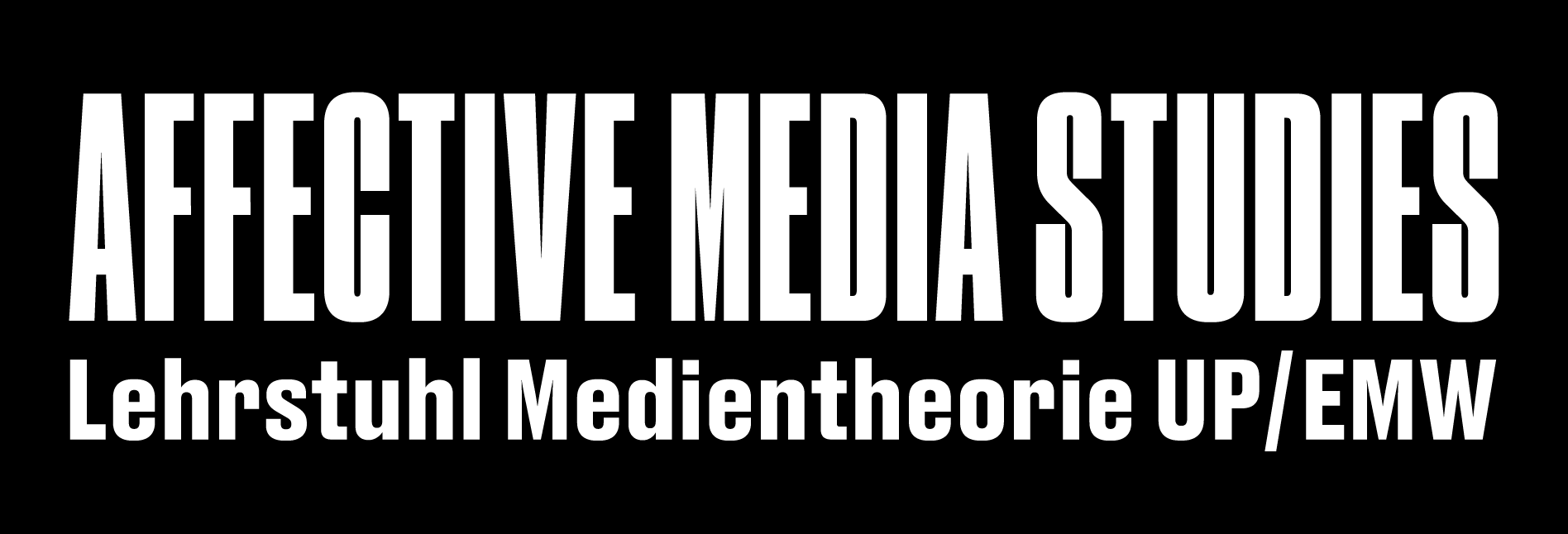back
N. Katherine Hayles: Are Sensing Technologies Cognitive? Making the Case
May 25, 2018, 6.00 pm
Event — 1. ZeM-Spring Lecture at the University of Potsdam
As programmable and networked computers move into the world with increasingly complex sensing systems, traditional questions about machine intelligence cease to be very useful to understand and conceptualize these developments. This talk will focus on cognition rather than intelligence and will compare the perspectives of biosemiotics on sign systems in biological organisms with the sensing capabilities of artificial cognitive systems. The issue is not simply terminological but rather illuminates what is at stake in designing and implementing sensing networks, especially in understanding the relation of such systems to the cognitions of their human designers and users.
N. Katherine Hayles:
N. Katherine Hayles is the James B. Duke Professor of Literature at Duke University and a Distinguished Research Professor at the UCLA. Her research interests include literature, science and technology of the 20th and 21st century, electronic textuality, modern and postmodern American and British fiction, critical theory, and science fiction. She has authored numerous books, among them Unthought: The Power of the Cognitive Nonconscious (2017), How We Think: Digital Media and Contemporary Technogenesis (2012) and the seminal How We Became Posthuman: Virtual Bodies in Cybernetics, Literature and Informatics (1999), as well as countless articles. She also holds a M.S. in chemistry from the California Institute of Technology.
Poster of the 1. ZeM-Spring Lecture:

